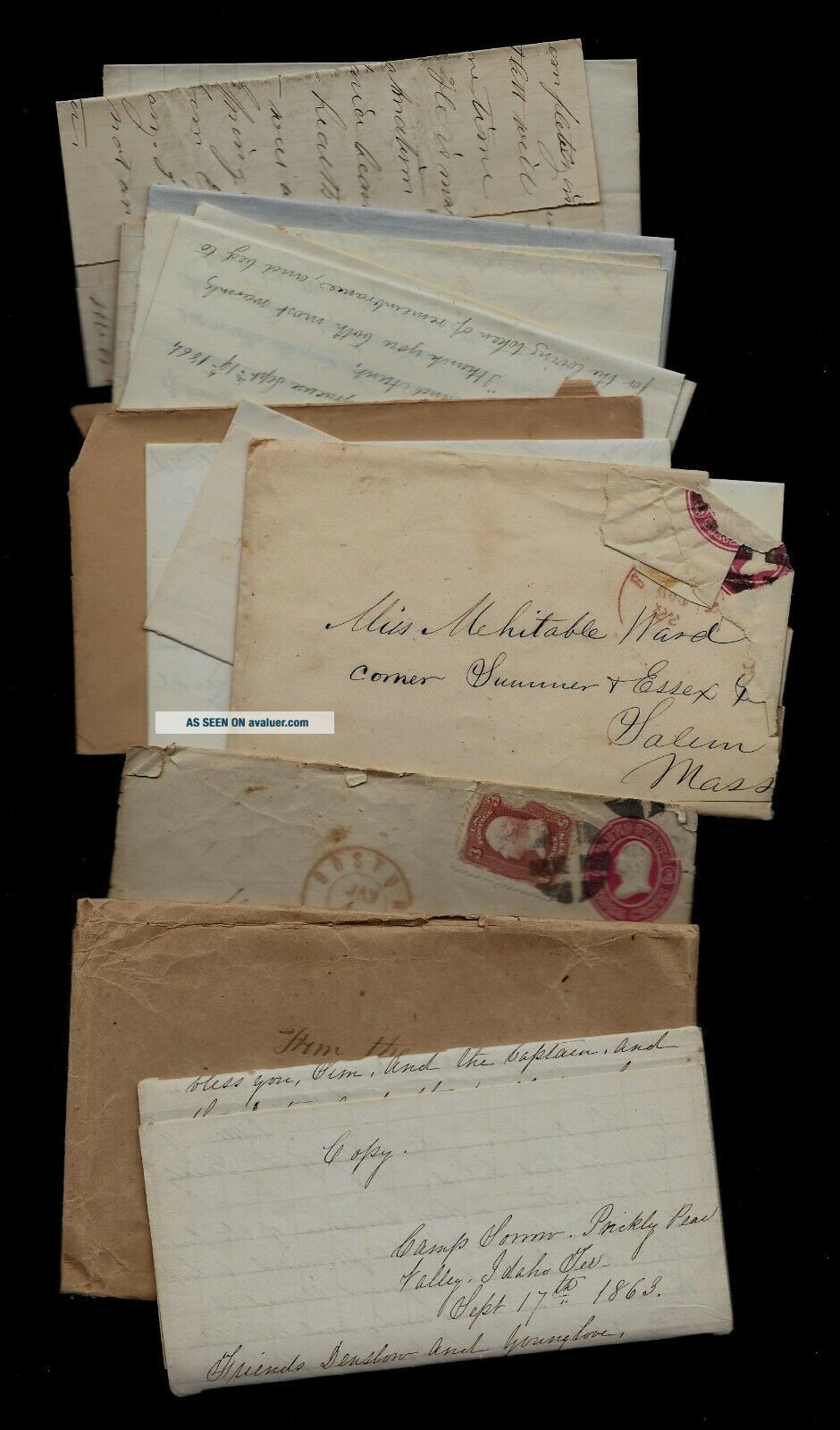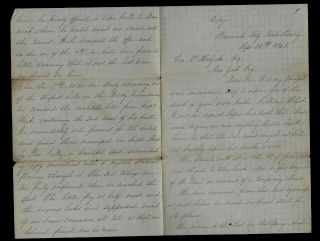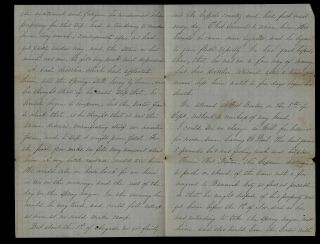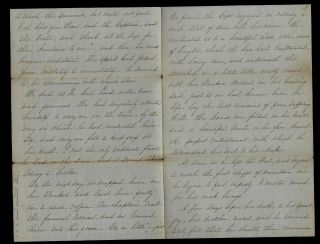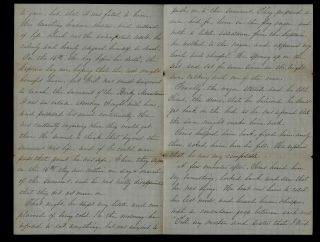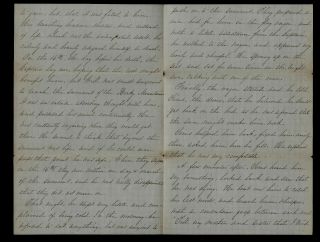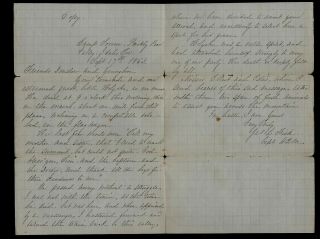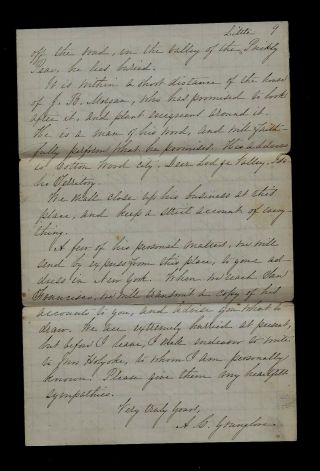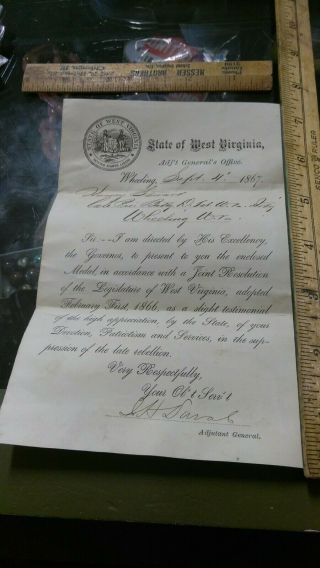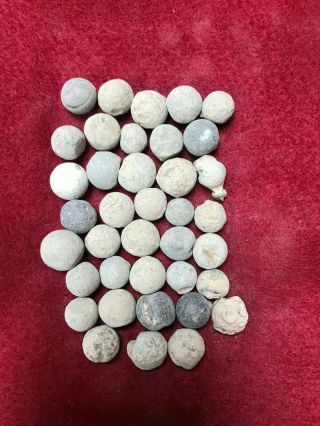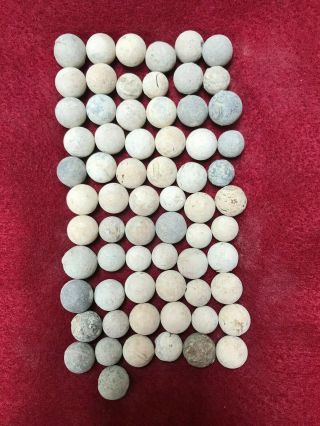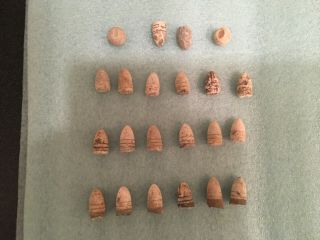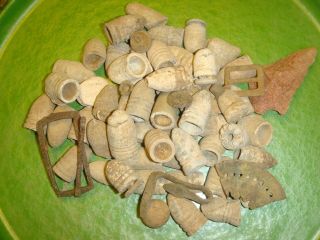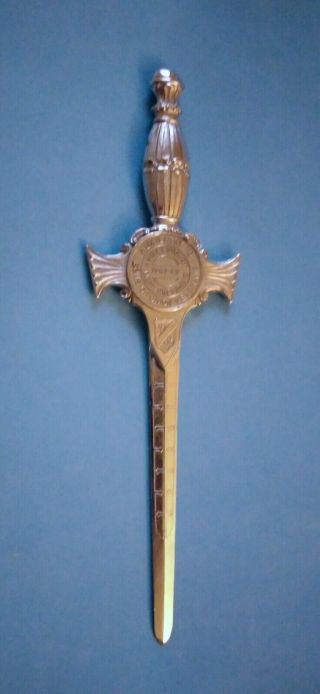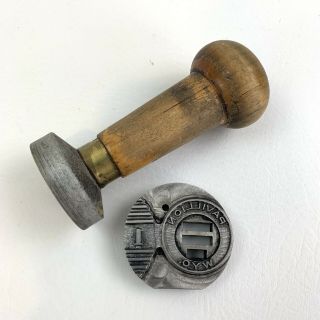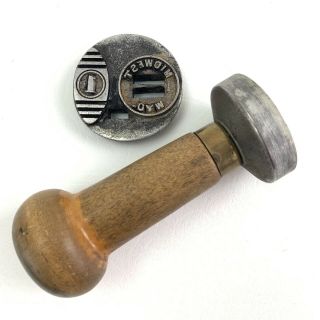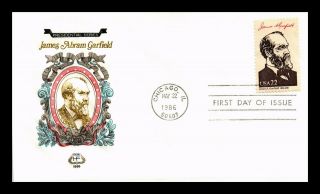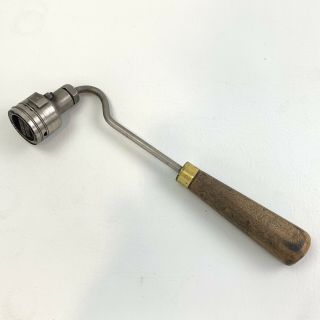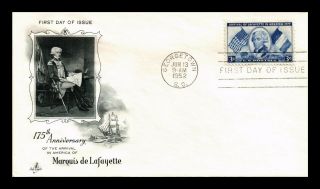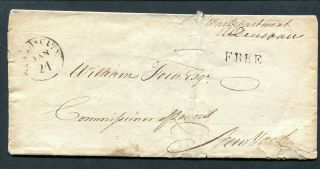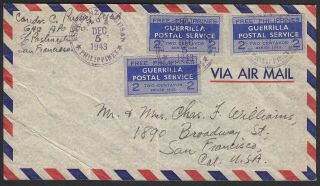Group Of IDAHO TERRITORY Civil War Letters Famous Writer -
Item History & Price
| Reference Number: Avaluer:10779991 | Modified Item: No |
| State: Idaho |
Offered is a group of extremely rare IDAHO TERRITORY Civil War letters - two of which are transcribed below - related to Captain James Liberty Fisk - who led expeditions to the Montana gold fields. I didn't research all the letters - just the two transcribed. I presume they are related by family but not sure. Nonetheless, LOTS of great research for you to enjoy !.The first letter (a period copy) was written by Capt. James Liberty Fisk ...;who was described by author Helen McCann White as “a propagandist for Western emigration and a leader of four overland expeditions from Minnesota to the Montana gold fields.” From Helen’s article published in Minnesota History entitled, “Captain Fisk Goes to Washington, ” we learn that Fisk was 26 years old when he entered the Union army as a private in the Third Minnesota Volunteers. In May 1862, he was promoted to the rank of Captain, made an assistant quartermaster of volunteers, and appointed superintendent of emigration under legislation passed in January on a route between Dakota and Washington territories. Basically it was his job to protect the emigrants to the territorial regions of the Northwest. He was given money by the government to “secure guns and ammunition, gifts for the Indians, and emergency supplies of food and medicines. At the end of the journey he was expected to auction the travel-worn wagons and animals and any other surplus government property and realize enough money to pay off all outstanding bills.”A Photograph of James Liberty Fisk taken on one of his visits to Washington D. C.After a successful trip (though a financial failure) to the Idaho Territory in 1862, Fisk led a second caravan to the same territory in 1863. The caravan left St. Paul, Minnesota, in June, by the same route north of the Missouri river taken the previous year, though traveling further north because of a severe drought on the plains. They reached the headwaters of the Missouri early in September. They were destined to Washington, but due to heavy snows in the mountains, Fisk sold the horses, cattle, and wagons belonging to the government at Virginia and Bannack cities, and returned via Salt Lake, traveling to that place by the Bannack City express, which was a covered wagon, leaving Bannack once a week with passengers. On his return East, Fisk hand-carried some gold back to Minnesota at the request of gold miners near Bannock and he also carried a nugget back to President Lincoln.In his report, Fisk mentions that the only farm in Prickly Pear Valley belonged to J. B. Morgan, who was erecting a large log house and outbuildings, covering a considerable area, the whole surrounded by a stockade ten feet in height. The population of Bannack and Virginia City together, he tells us, was twelve thousand in the early summer. The route followed by Fisk’s party was a wagon road called the Mullan Road which was cut over Mullan Pass west and slightly north of Helena. It drove northeast to near Silver Creek and then passed over the highlands west of Prickly Pear Canyon to emerge near the Missouri River south of Great Falls and on to the steamboat landings at Fort Benton. Settlers used this route in the early years to access mining regions in Idaho and southern Montana.Being escorted by Fisk’s government party were some immigrants and fortune-seekers though reports say there were only sixty-two membersin the caravan. Many who had originally signed up backed off at the last minute due to the Indiana uprisings on the plains. But this did not apparently cause Fisk to abandon his expedition. Among the number of Fisk’s party was a young man named William (“Will”) Henry Holyoke (1842-1863). Will was the great-grandson of prominent Salem, Massachusetts, physician Edward Augustus Holyoke. One of the physician’s daughters—Judith—married a man named William Turner and had several children, one of whom was named Edward Augustus (E. A.”) Turner (1796-1855). E. A. Turner legally changed his surname from Turner back to Holyoke prior to taking up his medical practice first in Salem and then in Syracuse, New York. Will was the son of this physician and his wife, Maria Osgood of Andover.How it was that Will decided to join this caravan remains a mystery. His purpose is not revealed in these letters which are both devoted to news of the young man’s death in the Prickley Pear Valley region of Idaho Territory in September 1863. The second letter was written by Albert C. Younglove (1843-1869), a fellow member of the caravan who claimed to be the only intimate friend of Will’s. Albert appears to have been an adventure seeker like Will. In 1865 he was a correspondent with the Smithsonian Institute and traveled to Haiti to study birds. He died in 1869 while in Alexandria, Egypt. Albert was the son of industrialist Moses Cowan Younglove (1811-1892) and Maria E. Day (1821-1884) of Cleveland, Ohio.In the 1860 US Census, the widow Maria (Osgood) Holyoke was enumerated in Syracuse with her 24 year-old daughter Maria and 18 year-old Will, a “book keeper.” Will’s brother, George Osgood Holyoke (1833-1907), to whom the second letter is addressed, was married in 1861 to Jane Wildes Blake (1839-1910) and resided in New York City where George worked as a broker in tobacco as a partner in the firm Holyoke & Rogers. George was an 1856 graduate of Harvard University.TRANSCRIPTION LETTER ONEA photograph of Capt. James L. Fisk in his western garbCamp Sorrow, Prickly Pear Valley
Idaho Territory
September 17th 1863Friends [Ellsworth H.] Denslow and [Albert C.] Younglove, Your comrade and our esteemed guest, little Holyoke, is no more. He died at 9 o’clock this morning while on the march, about one mile from this place, reclining on a comfortable robe bed in the flag wagon. His last few words were, “Tell my mother and sister, that I tried to reach the summit, but could not quite. God bless you, Sim [Simeon Estes], and the Captain, and the Doctor, and thank all the boys for their kindness to me.”He passed away without a struggle. I was not with the train at the time he died, but was here, and when apprised by a messenger, I hastened forward and turned the train back to this valley where we have decided to await your arrival, and necessarily to select here a spot for his grave.Holyoke was a noble spirit, and had attacked himself strongly to everyone in our party. His death is deeply felt by all.Messrs. Elliot and Estes, who I send bearers of this message, take with them two span of fresh animals to assist you across the mountain.In haste, I am yours very truly, — James L. Fisk, Capt. A. QM.TRANSCRIPTION LETTER TWOBannock City ¹
Idaho Territory
September 28th 1863George O. Holyoke, Esq.
New York CityDear Sir, it is my painful and melancholy duty to inform you of the death of your noble brother, William Holyoke. It was his request, before his death, that I should write to you in case anything should befall him so that the sad news might not fall too harshly upon his mother’s ears.He started with us on the 1st of June but was obliged to turn back after a few days out of St. Paul on account of a temporary illness. He soon recovered from this and rejoined us just before we made our final start for the plains.His journey to the East in the Spring and the excitement and fatigue he underwent while preparing for this trip, had a tendency to weaken him very much. Consequently, after we had got fairly underway, and the strain on his mind was over, he felt very weak and depressed. A bad diarrhea which had affected him all the Spring still hung by him, and he thought that if he could stop that, he would begin to improve, but the Doctor feared to check that, as he thought that it was the same disease, manifesting itself in another form, and to stop it might prove fatal. For the last few weeks, we felt very anxious about him. A very little exercise would tire him. He would ride in horseback for an hour or two in the morning, and the rest of the day in the spring wagon. In the evening he would be very tired and would fall asleep as soon as we could make camp.But about the 1st of August, we got fairly into the buffalo county and had fresh meet every day. That seemed to revive him. His bowels became more regular and he began to gain flesh rapidly. We had great hopes then that he was in a fair way of recovery, but his diarrhea returned after a time, and never left him until a few days before his death.A map of the region from Helen McCann’s, “Minnesota, Montana, and Manifest Destiny”We arrived at Fort Benton on the 5th of September without a mishap of any kind. I could see no change in Will for better or for worse since leaving St. Paul. He had gained 5 pounds, but was feeling weak and helpless. From Fort Benton, the Captain determined to push on ahead of the train with a few wagons to Bannock City as fast as possible so that he might dispose of his property and get home before the 1st of November, and as he was intending to take the spring wagon with him and also would have the doctor with him, he kindly offered to take Will to Bannock where he would await our arrival with the teams. Will accepted the offer and on the eve of the 9th, we bade him farewell little dreaming that it was the last time we should see him.On the 17th as we were slowly ascending one of the steepest hills in the Rocky Mountains, we received the enclosed letter from Capt. Fisk, containing the sad news of his death. We immediately rode forward for 12 miles and found them encamped in Little Prickly Pear Valley—a beautiful spot surrounded by lofty mountains with a crystal stream flowing through it. The sad tidings were too fully conformed when we reached the spot. The little flag at half mast and the anxious looks and suppressed voices of our brave comrades all told us that our beloved friend was no more.We found the Captain engaged in carving a rude slab of stone with his name. He conducted us to a beautiful little arbor made of boughs which the boys had constructed with loving care, and underneath this, stretched on a little table, neatly covered with his blankets, dressed in his hunting suit, just as we had known him in life, lay the last remains of poor, suffering Will. His hands were folded on his breast, and a beautiful smile on his face showed the perfect contentment, with which he surrendered his soul to his Maker.As soon as he left the Fort and began to catch the first whiffs of mountain air, he began to fail rapidly. It was too much for his weak lungs.A few days before his death, to his great joy, his diarrhea ceased, and he immediately felt that he should then commence to gain, but, alas, it was fatal to him. His breathing became shorter and instead of life, which was the anticipated result, he calmly and bravely resigned himself to death.On the 16th, the day before his death, the Captain lay over, hoping that the rest might benefit him, but Will was most anxious to reach the summit of the Rocky Mountains. It was an intense, absorbing thought with him, and possessed his mind continually. He was constantly inquiring when they would get there. He seemed to think that beyond the summit was life, and if he could once pass that point, he was safe. When they stopped on the 16th, they were within one day’s march of the summit, and he was really disappointed that they did not move on.That night he slept very little and complained of being cold. In the morning he refused to eat anything but was anxious to push on to the summit. They prepared a nice bed for him in the flag wagon, and with a little assistance from the Captain, he walked to the wagon, and appeared very lively and cheerful. He sprang up on the seat and sat for some time in the bright sun, talking with one of the men.Finally, the wagon started and he told Sims [Simeon Estes], the driver, that he believed he should get back on the bed as he was afraid that the sun might make him weak. Sims helped him back, fixed him nicely, then asked him how he felt. He replied that he was very comfortable.A few minutes after, Sims heard him say something, looked back and saw that he was dying. He bent over him to catch his last words, and heard him whisper with a convulsive gasp between each word, “Tell my mother and sister that I tried to reach the summit, but could not quite. God bless you, Sims, and the Captain, and the Doctor, and thank all the boys for their kindness to me.” And then his words became indistinct. His spirit had passed from mortality to immortality. He seemed to be communing with angels above.He died as he had lived, noble, brave and generous. He had singularly attached himself to everyone in the train by the way in which he had conducted himself and everyone felt a deep grief at his death. I was the only intimate friend he had on the train and it seemed like losing a brother.On the next day we wrapped him in his blankets and laid him gently in a [c]rude coffin. Our chaplain read the funeral services and we lowered him into his grave. On a little [knoll] off the road, in the valley of the Prickly Pear, he lies buried. It is within a short distance of the house of J. B. Morgan ² who has promised to look after it, and plant evergreens around it. He is a man of his word and will faithfully perform what he promised. His address is Cotton Wood City, Deer Lodge Valley, Idaho Territory.We shall close up his business at this place and keep a strict account of everything. A few of his personal matters we will send by express from this place to your address in New York. When we reach San Francisco, we will transmit a copy of his accounts to you, and advise you what to draw. We are extremely hurried at present but before I leave, I will endeavor to write to Mrs. Holyoke to whom I am personally known. Please give them my heartfelt sympathies.Very truly yours, — A[lbert] C. Younglove¹ Bannack City in present day Montana was a boom town that developed after August 1862 when gold was discovered on nearby Willard and Grasshopper Creeks in Beaverhead Valley, Idaho Territory. The placers here yielded five to fifteen dollars a day to the hand. ² A newspaper account published years later states that Morgan “came overland from the states with a party of emigrants bound for Washington Territory. He had a wife and children whom he abandoned and left to make their [way] with the emigrants over the rough country as best they could. He stopped on the Dearborn, married a Blackfoot squaw and commenced a career of crime by driving emigrant teams into the mountains and stealing them and aiding the road agents in their plans and depredations until the vigilantes were compelled to take notice of him.” He avoided being taken by the vigilantes and hung, and years later would become the sheriff of Choteau county.
FULL SCANS provided for your research benefit.TERMS$3.00 postage in the United States. We accept Paypal.Postage combined for multiple purchases. Please wait for me to send the invoice, otherwise you will pay a higher rate.For International buyers, we utilize eBay’s Global ShippingProgram. We had too many packages sentvia the post office go missing. So webelieve this program will be safer for us and for you.We are members of the American Philatelic Society, the U.S.Philatelic Classics Society, the Confederate Stamp Alliance and the IllinoisPostal History Society.We only sell genuine, original letters (no copies orreproductions). Some of our letters havebeen transcribed and nicely presented for future genealogists and history buffson the Spared & Shared blog.We have been selling on eBay since 1998. BID WITH CONFIDENCE !
00346



